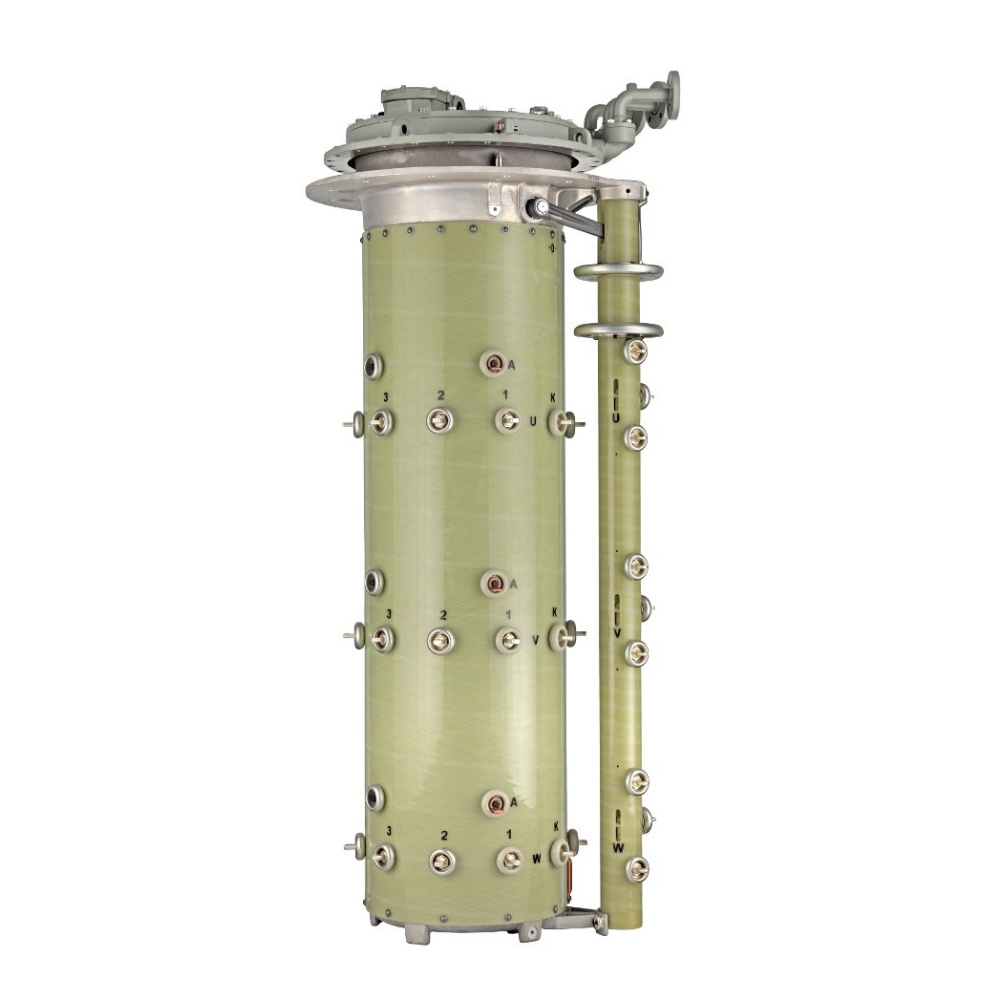What is the best resin for fiberglass?
There are various resin types available for use in fiberglass products, and the best resin type depends on specific applications and product requirements. Here are several commonly used resin types for different aspects of fiberglass product manufacturing:

1. Polyester Resin: Polyester resin is one of the most commonly used resin types in fiberglass products. It offers good adhesion, durability, and chemical stability. Polyester resin is suitable for a wide range of applications such as boats, automotive parts, tanks, and construction materials. They can be applied to fiberglass fabrics or yarns through methods like hand lay-up, impregnation, or spraying, and then hardened to form a strong structure.
2. Epoxy Resin: Epoxy resin is another commonly used resin for fiberglass. It offers excellent bonding strength, heat resistance, and chemical corrosion resistance. Epoxy resin is commonly used in aerospace, electronics, composite materials, and high-performance parts. It can be combined with fiberglass fabrics or yarns to create high-strength and lightweight structures.
3. Polyurethane Resin: Polyurethane resin has excellent elasticity, abrasion resistance, and chemical resistance. It is often used to produce flexible and elastic fiberglass products such as foam plastics, seals, pipes, and elastomers. Polyurethane resin can also be used in coating and bonding applications.
4. Phenolic Resin: Phenolic resin is a type of high-temperature and fire-resistant resin. It is commonly used in the production of fire-resistant materials, electrical insulation components, and chemically resistant equipment. When combined with fiberglass, phenolic resin forms products with good fire resistance and mechanical strength.
5. Polyetherketone Resin: Polyetherketone resin is a high-performance engineering plastic with excellent mechanical properties, heat resistance, and chemical resistance. It is commonly used to manufacture high-strength, high-temperature, and corrosion-resistant fiberglass products such as aerospace components, automotive parts, and industrial equipment.
The choice of the best resin type depends on specific manufacturing requirements and product specifications. Before selecting a resin, consider factors such as:
- Application requirements and product performance: Whether the resin's physical properties, chemical stability, and durability meet the product's requirements.
- Process requirements: Whether the resin's curing time, viscosity, and applicable processing methods are suitable for the manufacturing process.
- Cost-effectiveness: Whether the resin's cost, availability, and suitability match the budget and project needs.
The best resin type depends on specific manufacturing requirements and product specifications. Before selecting a resin, consider these factors.

